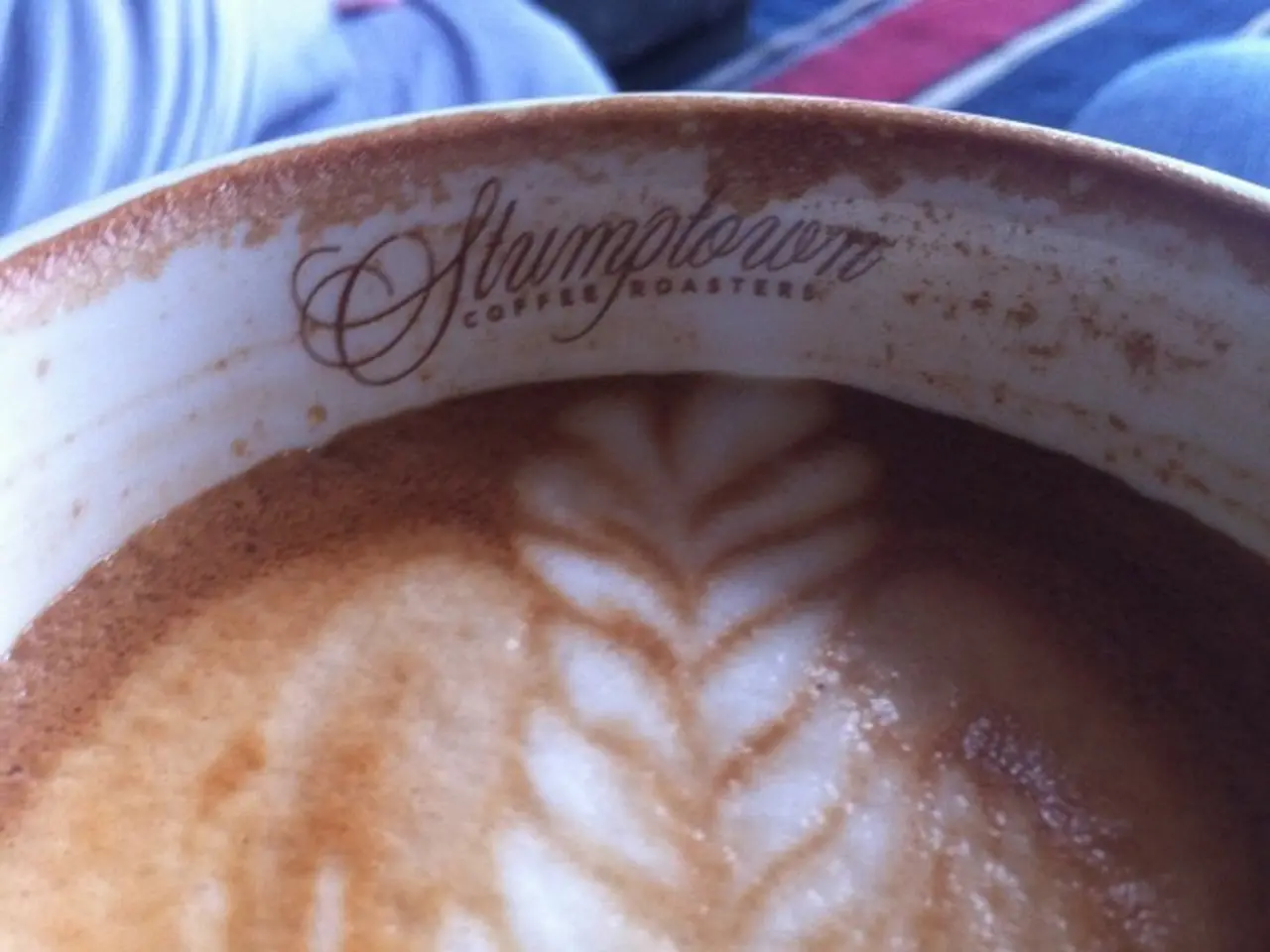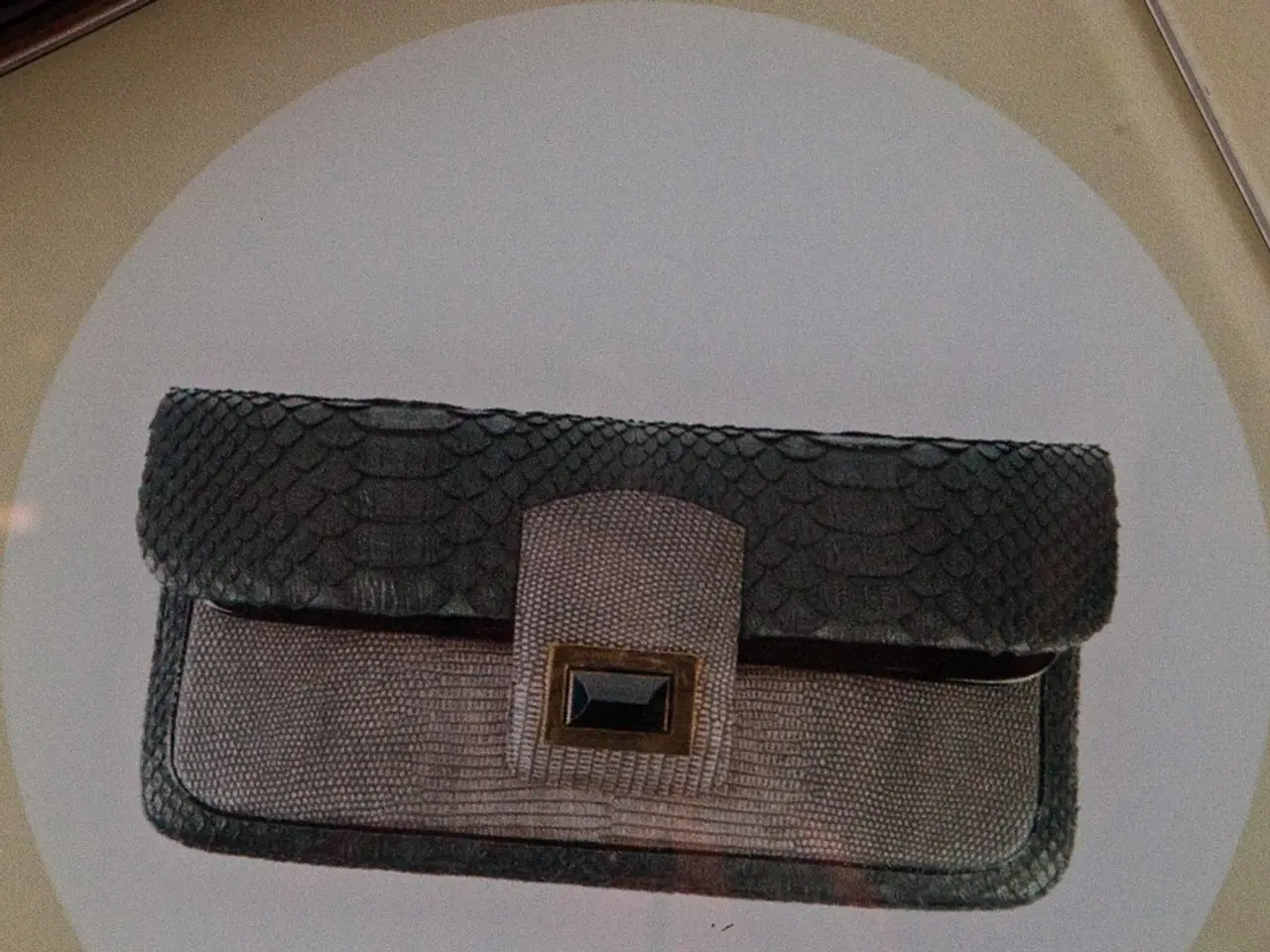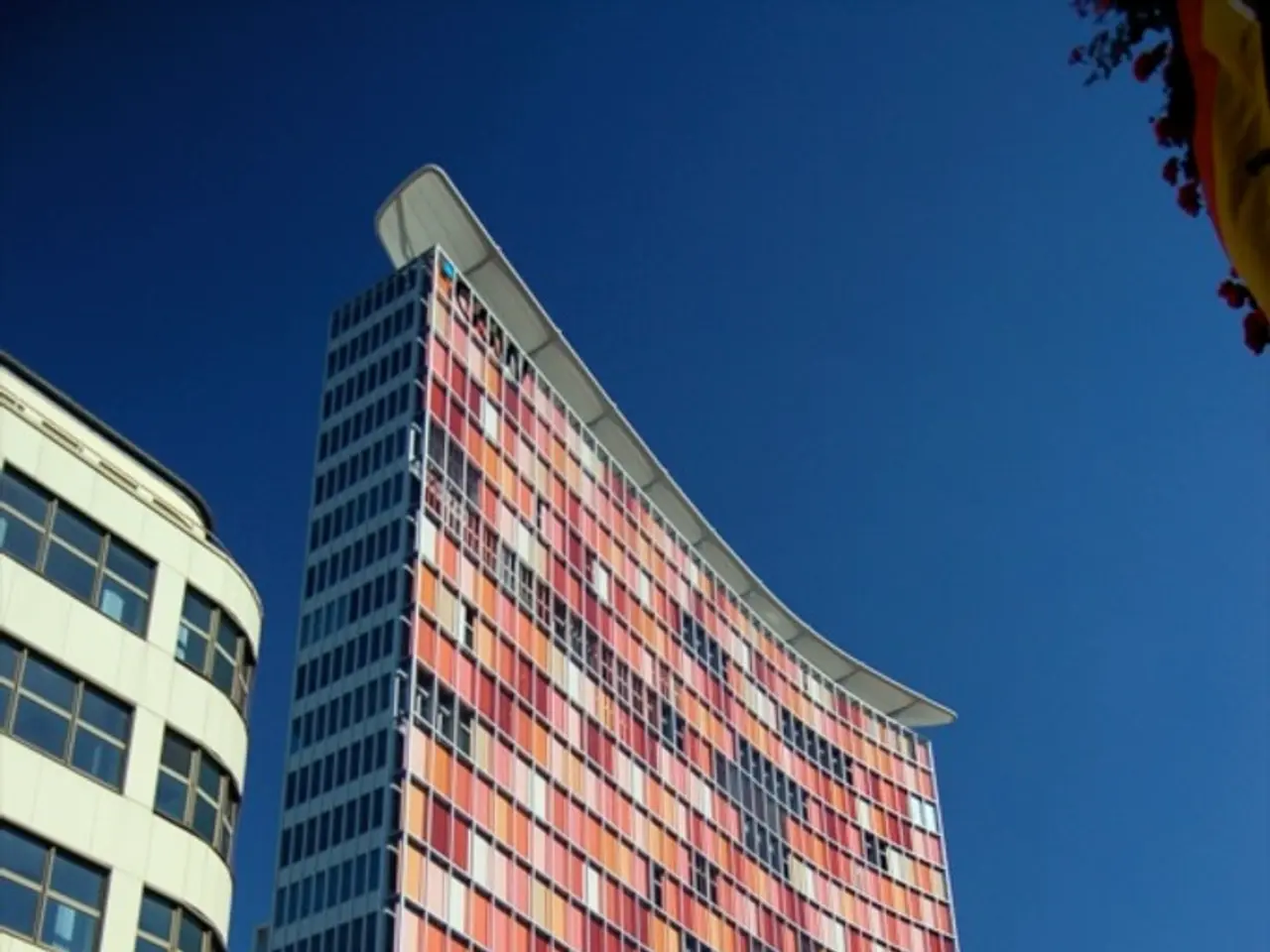Emerges from the shadows, Belgian innovator Koppie enters the alternative coffee sector, promising a one-ingredient revolution
In the face of increasing global demand for coffee and declining yields, a Belgian startup named Koppie is making waves in the industry with its patent-pending technology that transforms locally sourced pulses, such as chickpeas and yellow peas, into a novel ingredient they call the “Koppie Bean.” This bean-like product can be ground and brewed exactly like traditional coffee beans, offering a close sensory experience to coffee, including similar tasting notes and a robust flavor profile with higher sweetness and muted bitterness.
The transformation process involves a carefully controlled fermentation process that develops coffee-like aromatic and flavor compounds, followed by roasting using standard coffee roasting equipment. This compatibility with existing grinding and brewing protocols in the coffee industry is one of Koppie's potential advantages.
Koppie's product offers several benefits for the coffee industry. It addresses price and availability concerns by providing a more stable and locally sourced input, helping mitigate the challenges posed by climate change and limited suitable land for coffee cultivation. The Koppie Bean also boasts a significantly lower environmental footprint, with around 70% less CO2 emissions, 60% less land use, and 90% less water consumption, while eliminating deforestation risks associated with coffee farming.
The product is allergen- and toxin-free, with no acrylamide or mycotoxins often found in coffee. It contains no additives or sugars, providing a simple, single-ingredient solution. This clean-label aspect, coupled with the health benefits, could appeal to consumers and help manufacturers differentiate their products. The Koppie Bean enables manufacturers to offer low-caffeine, lower-acidity, or lighter roast options, meeting diverse consumer preferences and compliance with regulations like the EU Deforestation Regulation (EUDR).
Koppie's founders, Daan Raemdonck and Dr. Pascal Mertens, bring rare clarity and depth to the company. They aim to increase production capacity from kilos to tons by the end of the year and are in discussions with European roasters and retailers, with plans to launch at commercial scale in Q1, 2026. The startup has secured pre-seed funding, led by Nucleus Capital, Mudcake, Rockstart, and several angel investors.
By 2050, the land suitable for growing Arabica could be reduced by 50%, leading to a significant reduction in production. Koppie's pulse-based alternative could help the coffee sector navigate these supply uncertainties and environmental challenges, while expanding the range of coffee-like products available to consumers without compromising taste or brewing compatibility.
[1] Koppie press release, [link] [2] Interview with Erik Byrenius, partner at Mudcake, [link] [4] Koppie website, [link]
- The Belgian startup, Koppie, leverages its patent-pending technology in the field of food-and-drink to address finance-related concerns in the coffee industry by providing a locally sourced, stable, and eco-friendly alternative to traditional coffee beans.
- In the realm of lifestyle and technology, Koppie's clean-label pulse-based coffee alternative, boasting no additives or sugars and a lower environmental footprint, is poised to disrupt the market with its potential to meet diverse consumer preferences and comply with regulations like the EU Deforestation Regulation (EUDR).




